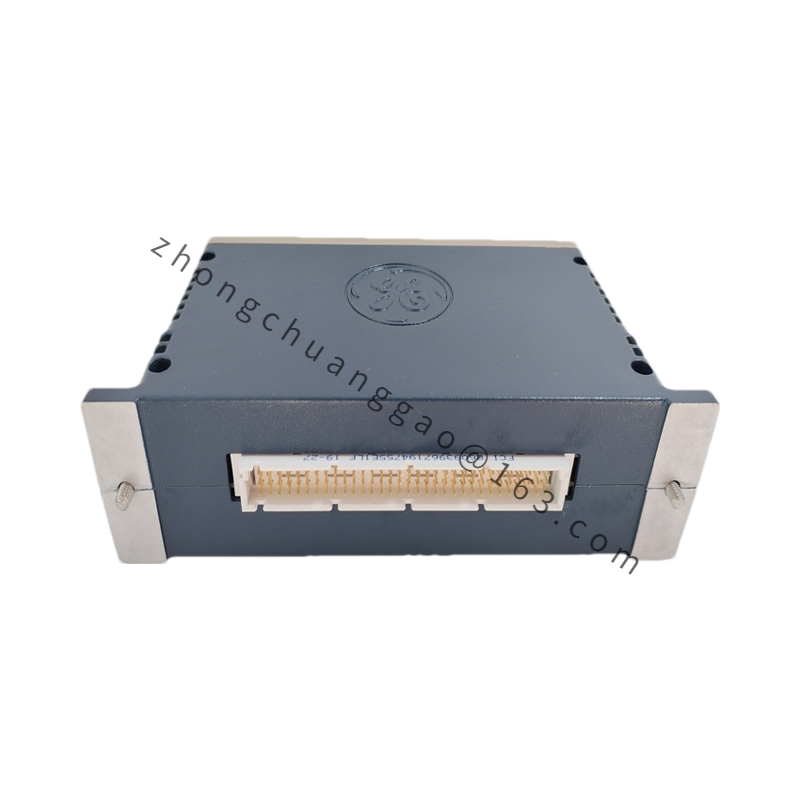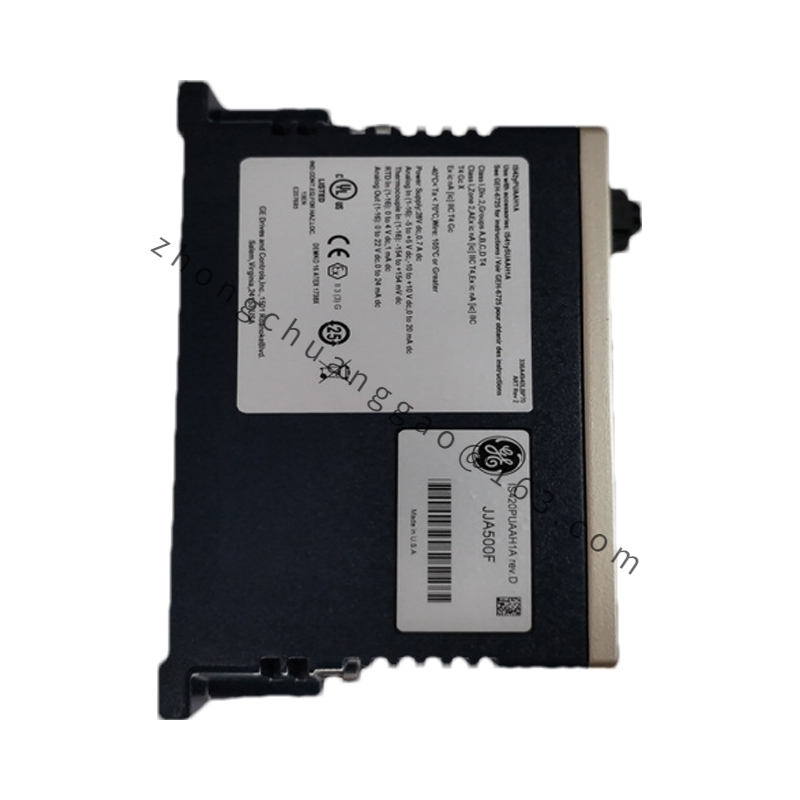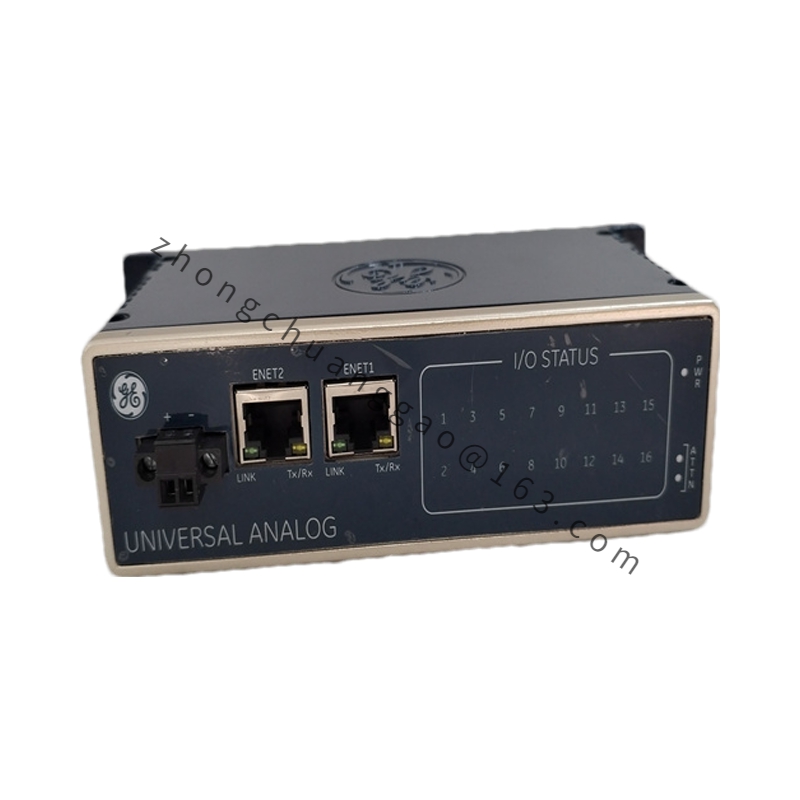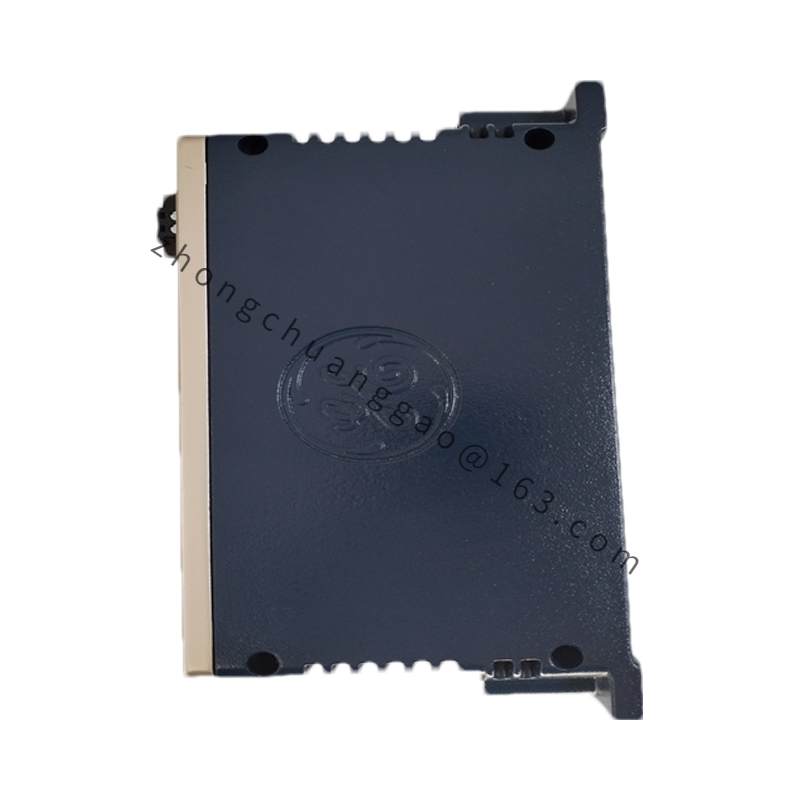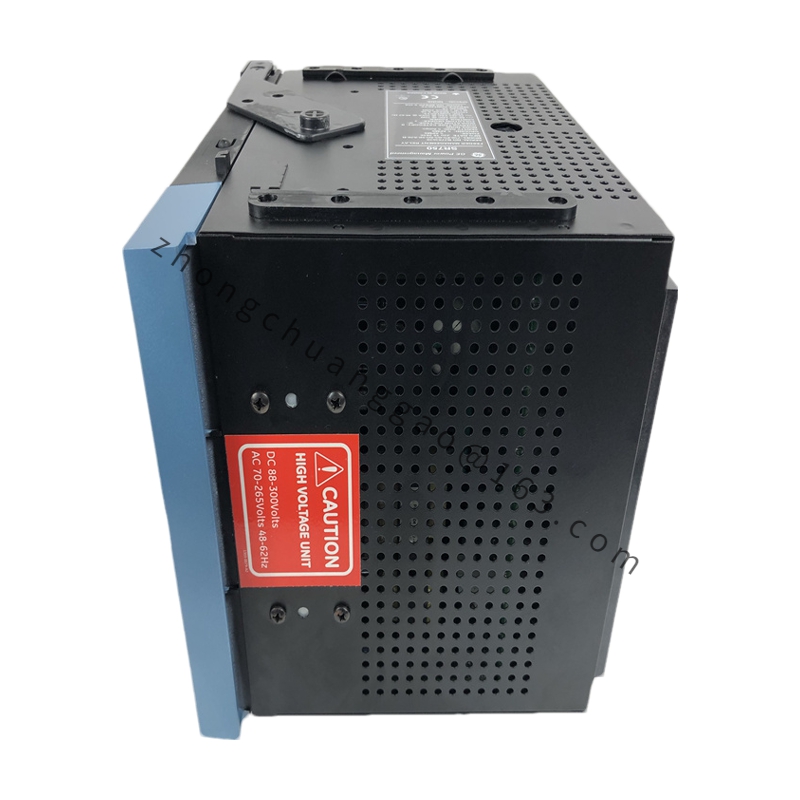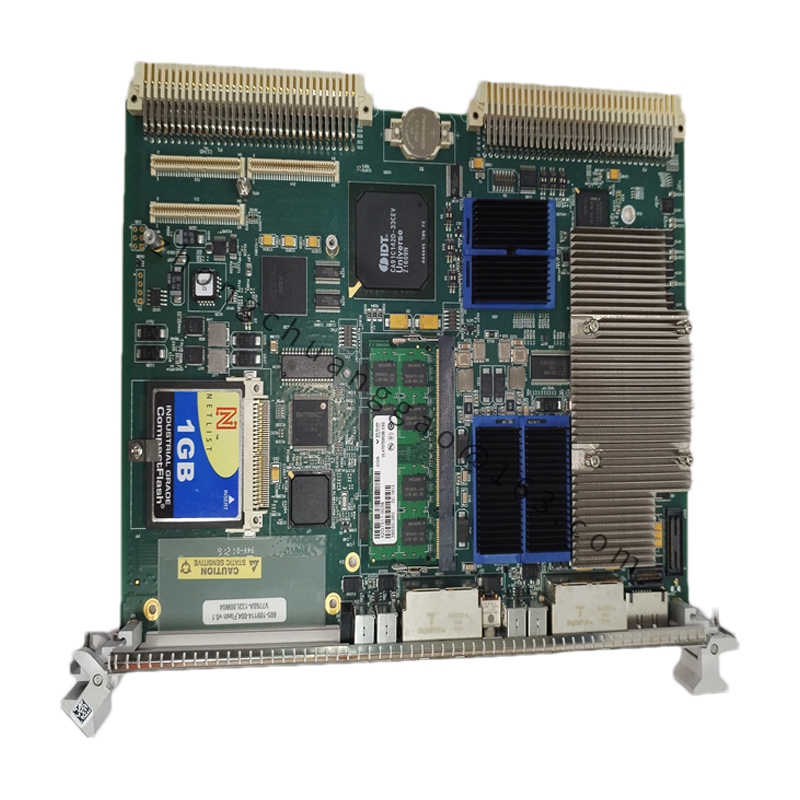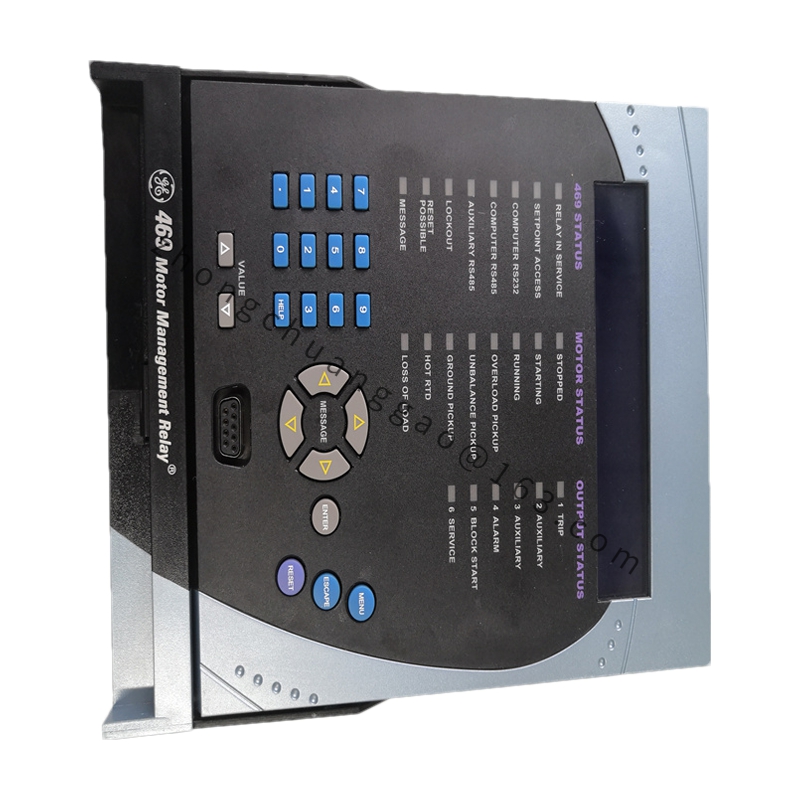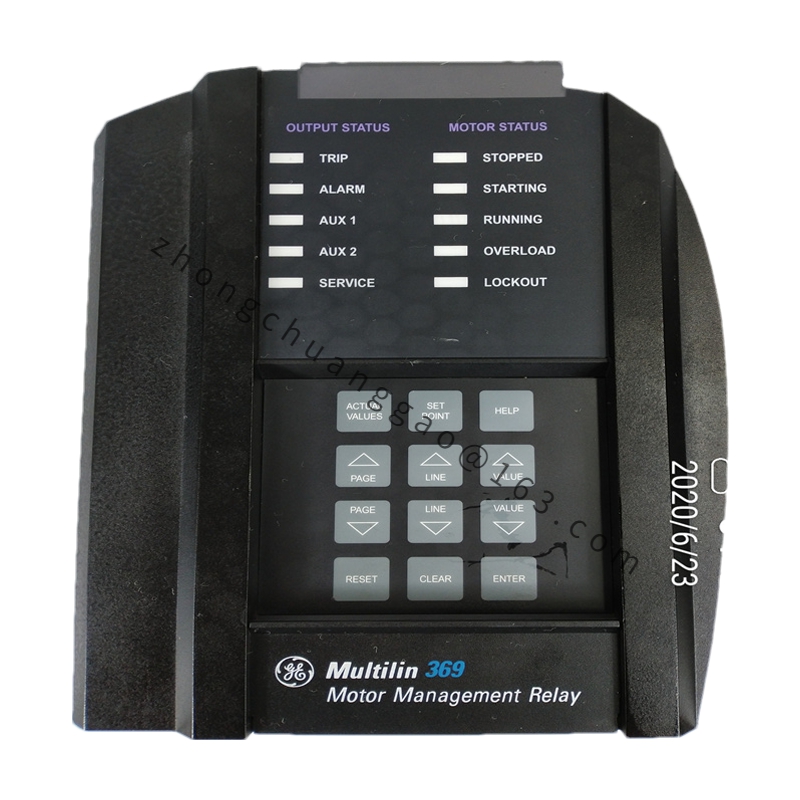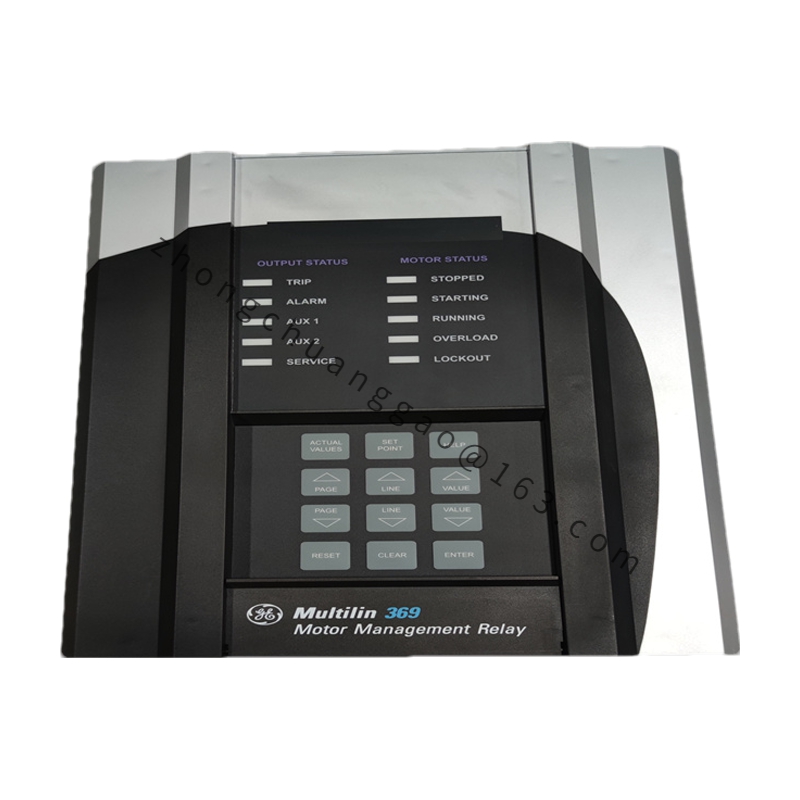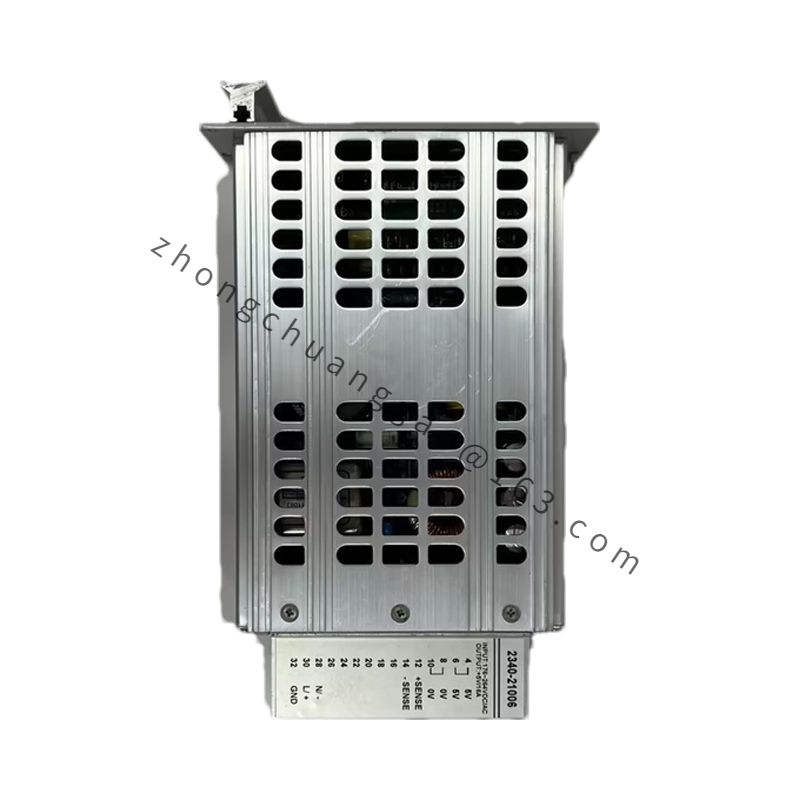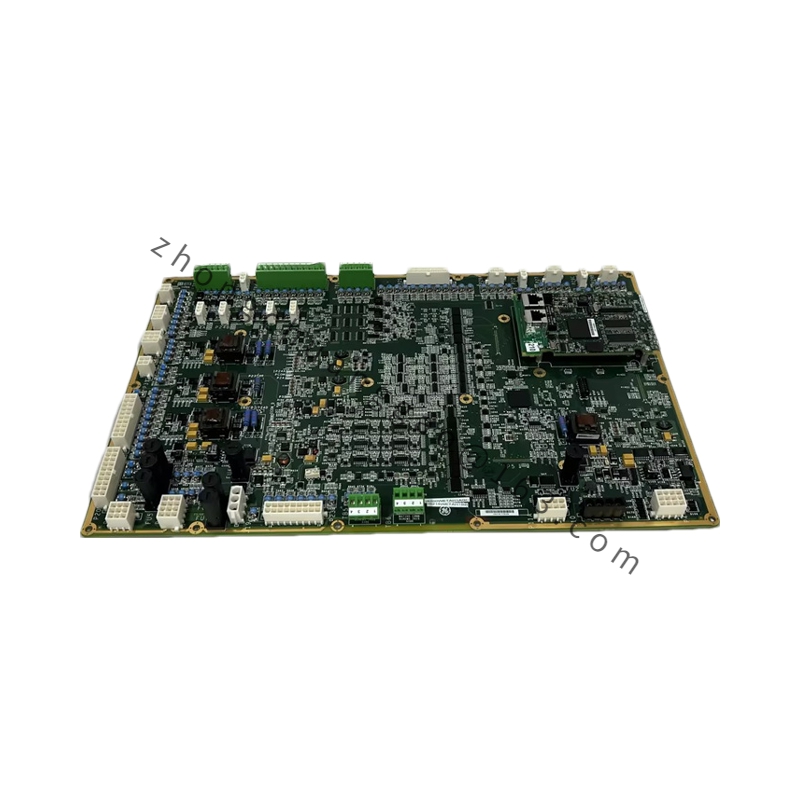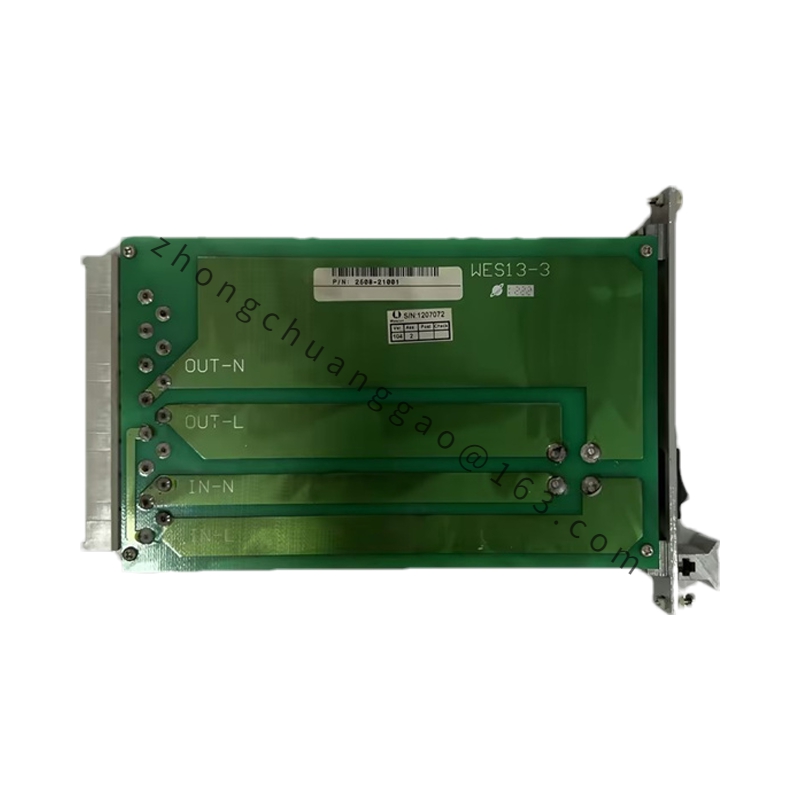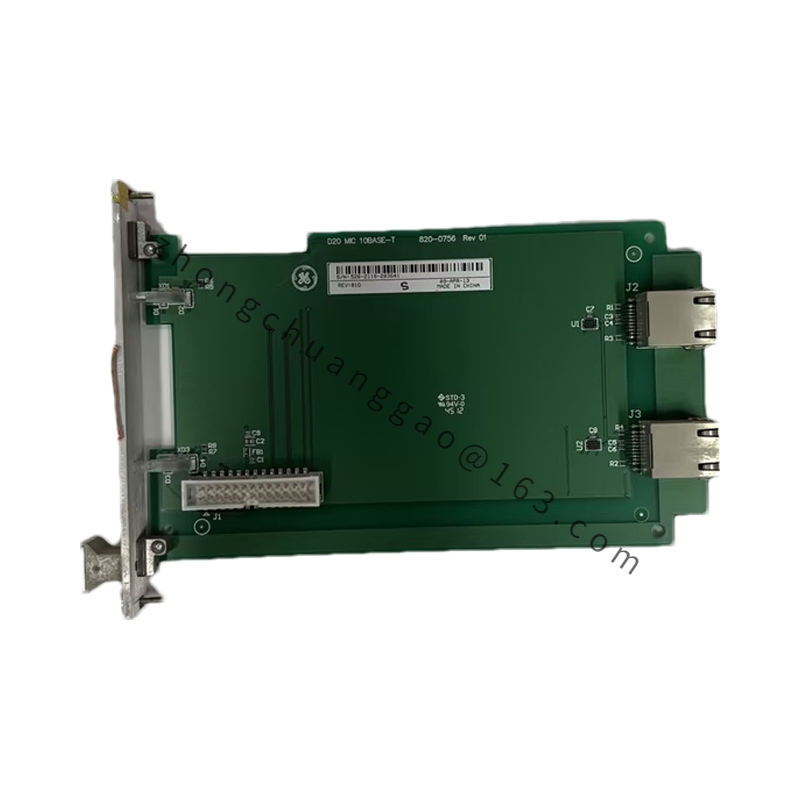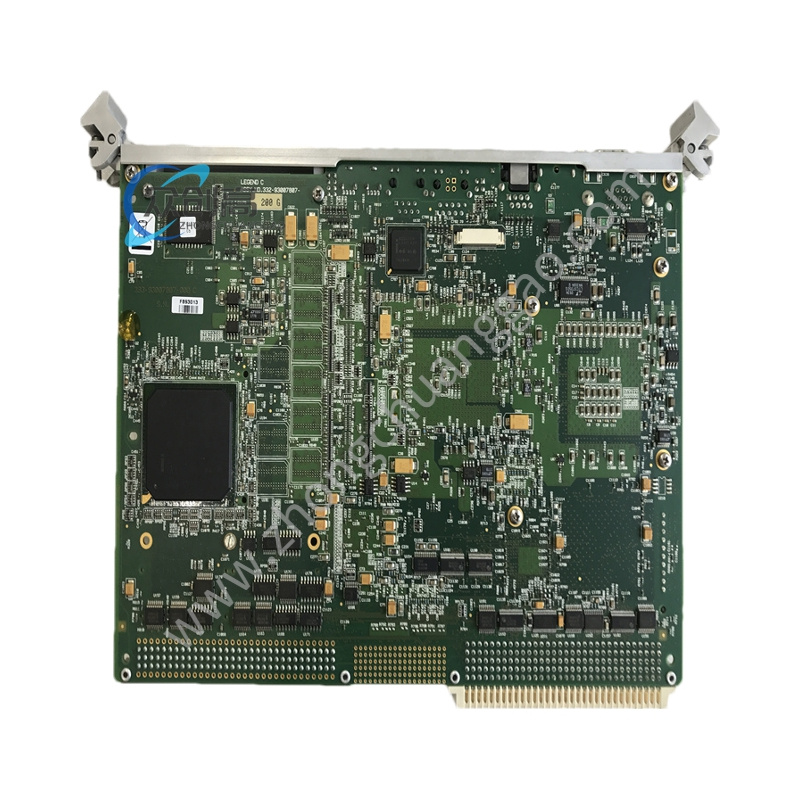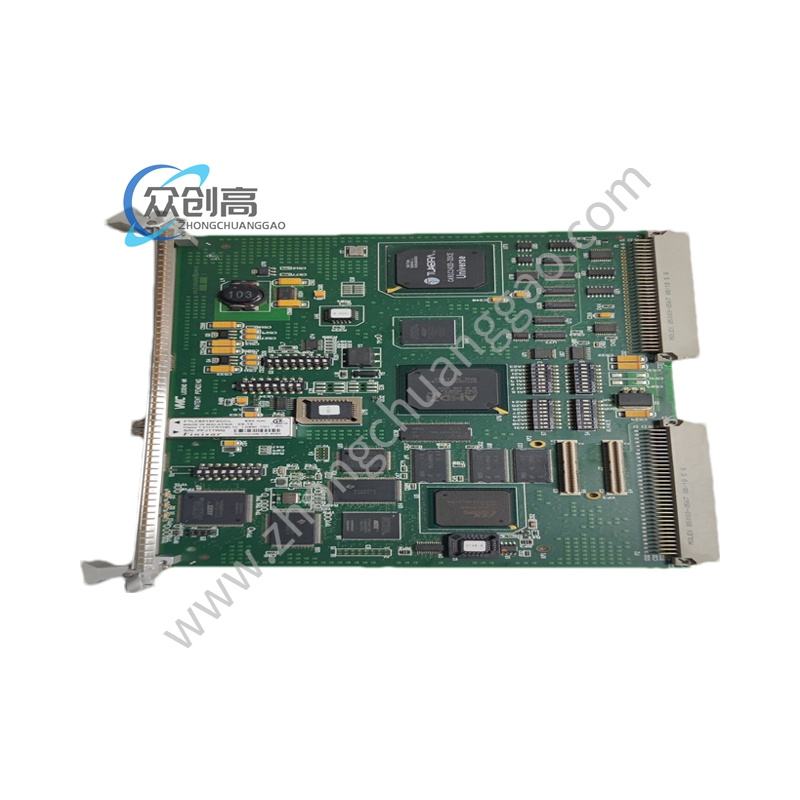GE IS420PUAAH1A
GE IS420PUAAH1A is a universal input/output (I/O) module designed and manufactured by General Electric (GE) for use in industrial automation and control systems. This module is a key component in GE’s advanced Speedtronic systems, specifically tailored for applications involving gas and steam turbines.
Detailed content
Technical Specifications
- Input Voltage Range: 12-48VDC
- Output Voltage: 5VDC
- Output Current: Maximum 10A
- Efficiency: Greater than 90%
- Physical Dimensions: 170mm x 105mm x 32mm
- Weight: Approximately 120g
- Operating Temperature: -20°C to +50°C (-4°F to 122°F)
- Storage Temperature: -40°C to +70°C (-40°F to 158°F)
- Environmental Humidity: 5% to 95% RH (non-condensing)
Functional Characteristics
- Highly Integrated: Features 16 single-ended analog channels, designed for use with ControlST 7.02.00C or higher software versions.
- Independent Wiring: Provides a separately wired black section, allowing for reduced panel usage and system footprint, facilitating easy channel-by-channel debugging.
- Compatibility: Typically used in Mark VIe control systems, similar to the YUAA board in Mark VIeS systems. These are GE’s latest Speedtronic systems for managing gas and steam turbines.
- Hot-Swappable: Supports hot-swapping for easy replacement during maintenance or upgrades without disrupting system operations.
- Fast Response Time: Offers a fast frame rate of 10ms and a normal scan time of 5ms, ensuring timely and accurate data processing.
- High Accuracy: Maintains measurement accuracy better than 0.1% within the specified temperature range.
Application Scenarios
- Industrial Automation: Widely employed in industrial automation environments, where it plays a crucial role in controlling and monitoring various industrial processes.
- Energy Management: Utilized in energy management systems, assisting in the efficient operation and maintenance of power generation facilities, including gas and steam turbines.
- Manufacturing: Found in manufacturing plants, contributing to enhanced productivity and reduced downtime through precise control and monitoring capabilities.
- Distributed Control Systems (DCS): Integrated into DCS and Balance of Plant (BOP) control systems, providing reliable I/O connectivity for a wide range of sensors and actuators.

